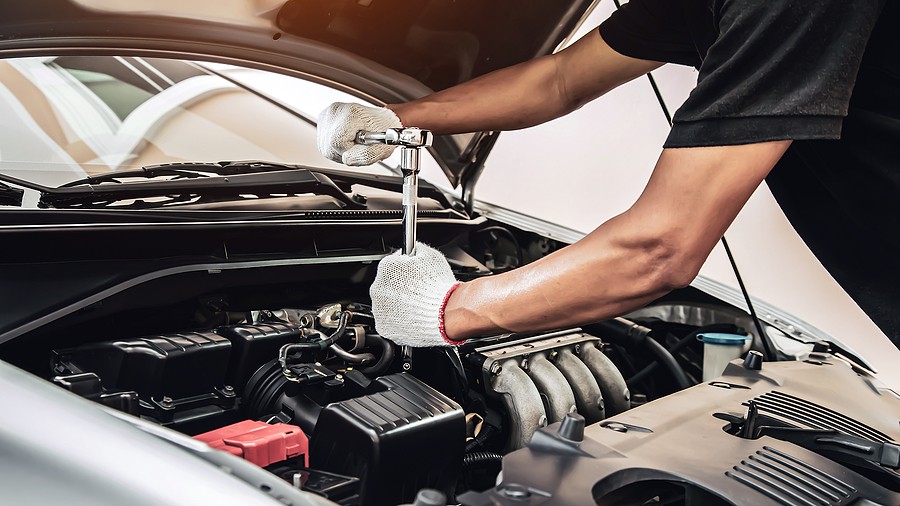Repairing a rear main seal is crucial if it prevents significant oil leaks and potential engine damage. However, consider the car's overall condition and cost of repair – it may not be worthwhile for vehicles nearing the end of their lifespan or those with extensive issues.
Understanding the Rear Main Seal
-
Role and Function
- The rear main seal is vital for maintaining oil inside the engine's rear, particularly where the crankshaft meets the transmission.
- Over time, this seal can wear out due to age, rotational forces, and environmental factors like road salt.
- A compromised seal can lead to oil leaks, potentially causing severe damage to the engine.
-
Signs of a Failing Rear Main Seal
- Typical indications include oil dripping from where the transmission connects to the engine or oil spots on the ground under the car.
- In front-wheel-drive vehicles, where the engine is mounted transversely, leaks may appear at the engine's opposite end to the pulleys and drive belt.
- Recognizing these signs early can prevent more significant issues down the line.
-
Repair vs. Replacement
- The traditional approach is to replace the seal, a labor-intensive and costly process, often exceeding $600.
- Some opt for temporary solutions like oil additives or heavier oil grades to slow down the leaks.
- Mechanics often suggest replacing the rear main seal when the transmission is removed for other reasons to save on labor costs.
When to Repair the Rear Main Seal
-
Vehicle's Age and Condition
- Assess the car’s overall condition. If it’s well-maintained with significant life left, repairing could be a wise investment.
- For cars near the end of their usable life or with multiple issues, the cost may outweigh the benefits.
-
Cost Considerations
- Weigh the repair cost against the car's value. If the repair costs are a significant fraction of the car’s worth, it might not be justifiable.
- Explore different repair options and get quotes from trusted mechanics to make an informed decision.
-
Future Plans for the Vehicle
- Consider your long-term plans. If you intend to keep the car for many more years, fixing the seal could extend its life.
- If selling or replacing the vehicle soon, investing in a costly repair might not make financial sense.
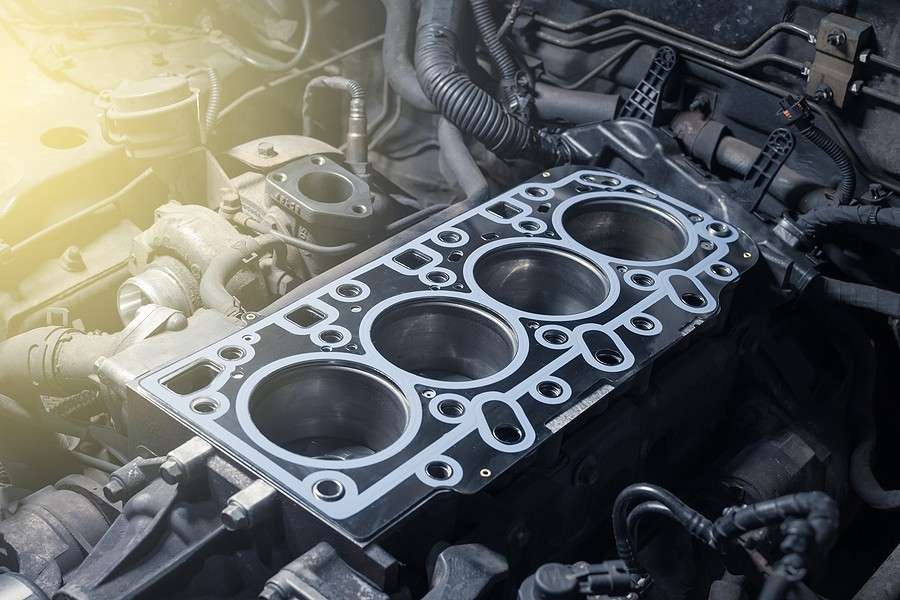
Preventive Measures and Maintenance
-
Regular Checks and Early Detection
- Regularly inspect your vehicle for signs of oil leaks.
- Early detection of seal wear or minor leaks can save you from more extensive, expensive repairs later.
-
Importance of Professional Assessment
- Consult with a trusted mechanic for a thorough assessment of the seal’s condition.
- Professional advice can help you make an educated decision based on the specificities of your vehicle.
-
Maintaining Vehicle Health
- Regular maintenance and addressing small issues promptly can extend the life of components like the rear main seal.
- Keeping up with routine checks and services helps prevent unexpected failures and costly repairs.
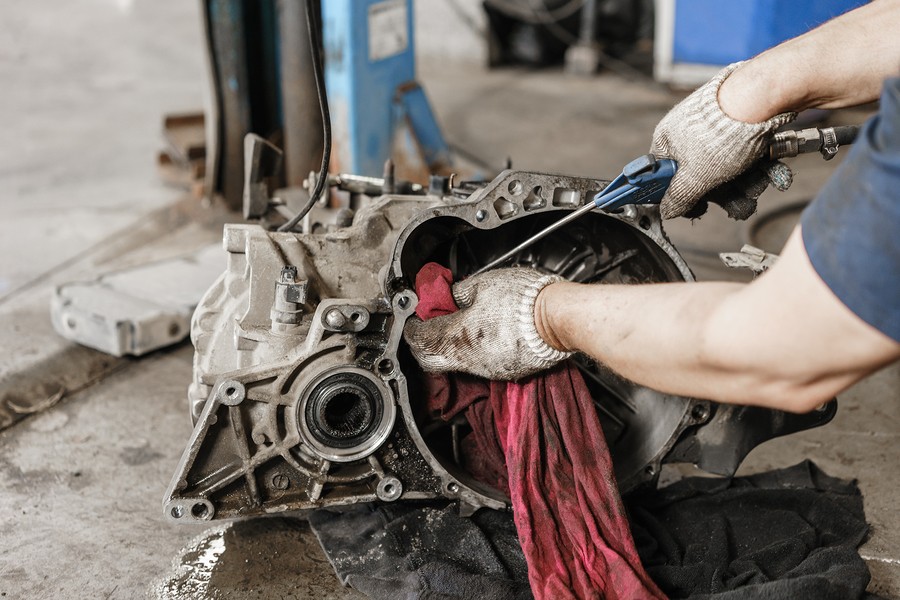
Conclusion: Making the Right Choice
Determining whether it’s worth fixing a rear main seal depends on various factors, including the vehicle's condition, the cost of repair, and your future plans with the car. While it's a significant repair, it could be a worthwhile investment in some cases. Always consult a professional mechanic to understand the best course of action for your specific situation.
Contact Cash Cars Buyer
For those considering selling their car, regardless of its condition, feel free to reach out to Cash Cars Buyer. Contact us at 773-791-4363 for a hassle-free process and competitive offers.
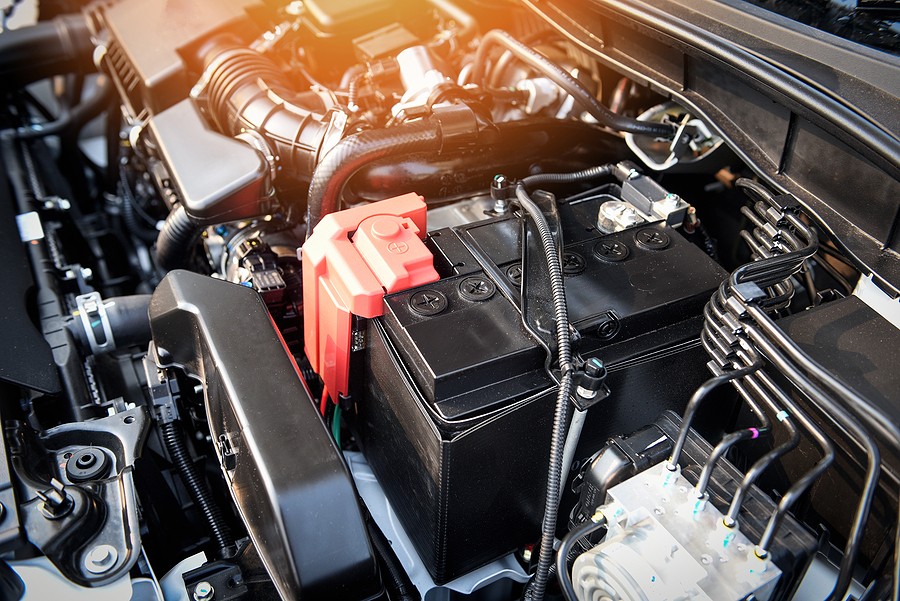
FAQs
What is a rear main seal?
The rear main seal is a component in your car's engine that seals the rear of the crankshaft where it connects with the transmission, preventing oil leaks.
How do I know if my rear main seal is leaking?
Common signs include oil spots under your car or oil dripping from where the transmission connects to the engine.
Can driving with a rear main seal leak damage my car?
Yes, driving with a leaking rear main seal can lead to low oil levels and potentially cause severe engine damage.
Is it expensive to fix a rear main seal?
Repairing a rear main seal can be costly, often exceeding $600, due to the labor-intensive process of accessing the seal.
Can I repair a rear main seal leak myself?
Repairing a rear main seal is a complex task that usually requires professional mechanical skills and tools.
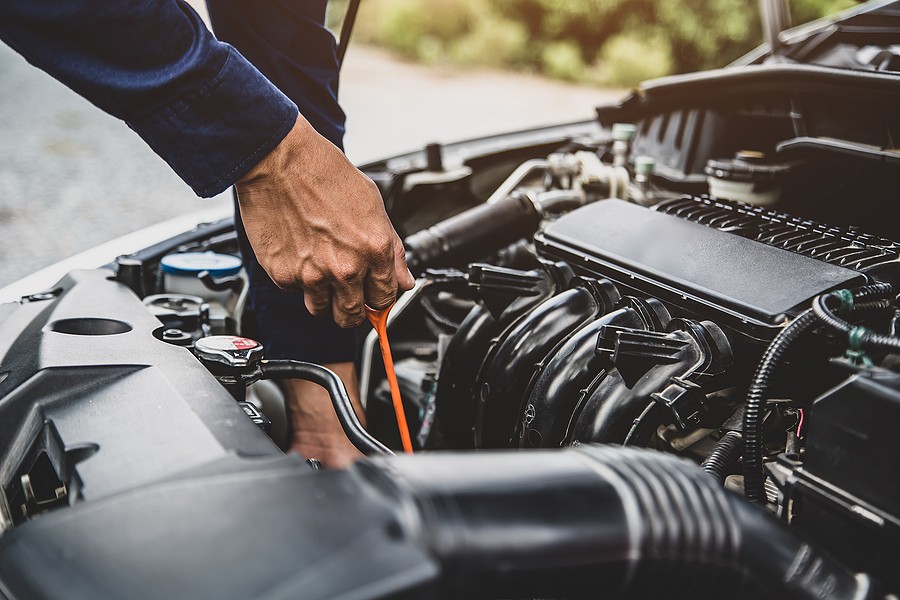
Are there temporary fixes for a rear main seal leak?
Some use oil additives or heavier oil grades as temporary solutions, but these are not permanent fixes.
When is the best time to replace a rear main seal?
The ideal time is when the transmission is removed for other repairs, as this reduces additional labor costs.
How long does it take to repair a rear main seal?
The repair time can vary but often takes several hours due to the need to remove the transmission and possibly parts of the engine.
Should I replace my car if it has a rear main seal leak?
It depends on the car's overall condition and value. If the car is still in good shape, repairing might be worth it.
Can a rear main seal leak cause environmental harm?
Yes, leaking oil can harm the environment and should be addressed promptly.
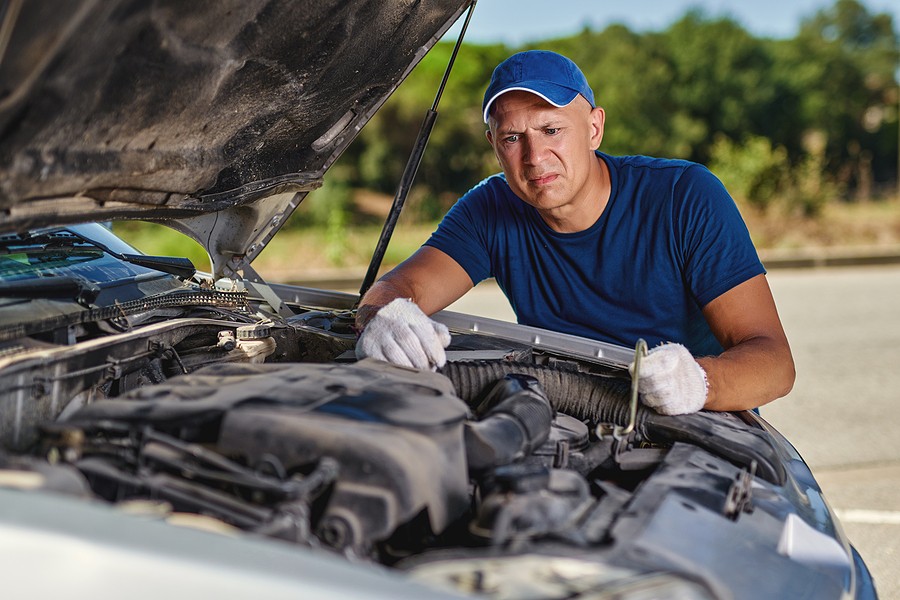
Will my car fail an emissions test if the rear main seal is leaking?
A rear main seal leak doesn't directly affect emissions but can lead to engine damage that might cause emissions failure.
Are rear main seal leaks common in older cars?
Yes, rear main seal leaks are more common in older vehicles due to wear and tear over time.
Can regular maintenance prevent rear main seal leaks?
Regular maintenance can help identify potential issues early but may not always prevent rear main seal leaks due to aging and wear.
What are the risks of ignoring a rear main seal leak?
Ignoring a leak can lead to reduced oil levels, resulting in engine overheating, increased friction, and potentially catastrophic engine damage.
Is it worth using seal conditioners to prolong the life of my rear main seal?
Seal conditioners can sometimes help maintain the seal's flexibility, but they are not a guaranteed solution for preventing leaks.

